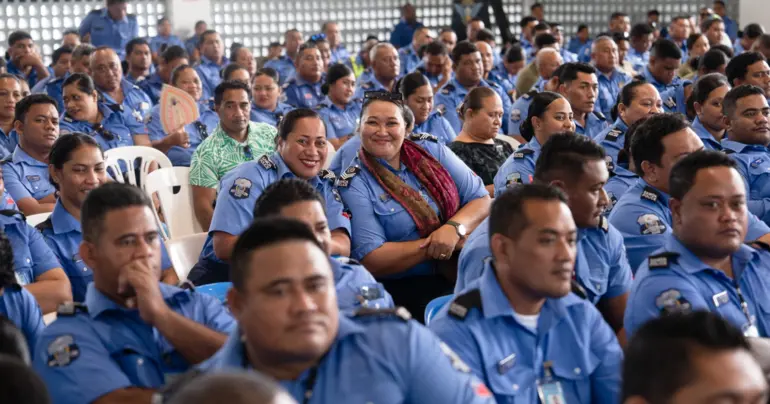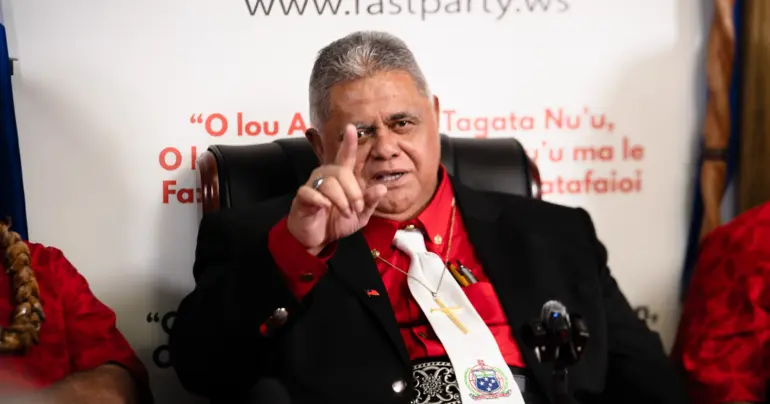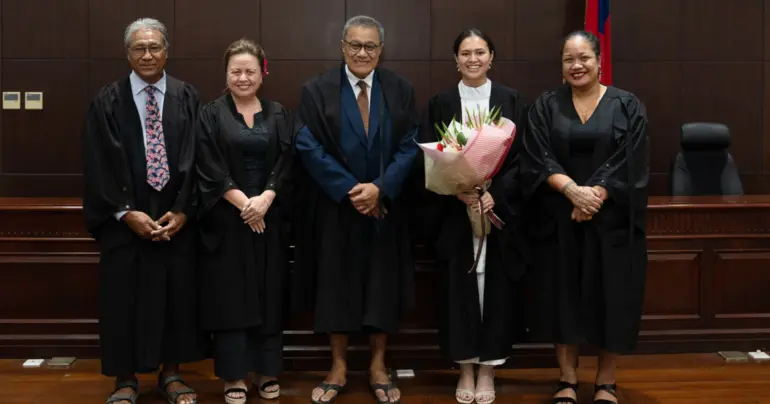University to move to solar power
 By Marc Membrere
•
29 October 2020, 3:00PM
By Marc Membrere
•
29 October 2020, 3:00PM
The National University of Samoa (N.U.S.) will move to renewable energy sources in a bid to reduce its $1 million tala annual electricity bill.
The N.U.S. President and Vice Chancellor, Professor Alec Ekeroma, in response to queries from the Samoa Observer said the university’s $1 million tala yearly electricity bill accounts for 26 per cent of their operational budget and they want to reduce it.
The Cabinet’s Development Committee approved an N.U.S. proposal last week for the installation of roof mounted solar panels at the university’s Le Papaigalagala Campus, according to the Vice Chancellor, as well as the development of a training programme on the installation and maintenance of solar panels.
Surveys that were undertaken, as part of the proposal submitted to the Committee, show that the university has a viable rooftop area of approximately 15,980.44m2 to install the solar panels.
“With a monthly average expenditure of $78,525.41 the University looks to reduce this electricity bill by about 50 per cent,” the proposal states.
The proposal adds that the cost of the project is expected to exceed $3 million tala.
The use of electricity is also likely to increase with a growing movement of education towards smart classrooms and facilities enhanced with Wi-Fi and technology-aided learning, and that the university has pursued multiple cost cutting initiatives in its effort to reduce the use and heavy reliance on electricity with minimal effect on its teaching and operations.
This has led to the decision of the N.U.S. University’s Vice Chancellors Committee in November 2019 to formulate a Renewable Energy Plan in alignment with the corporate, strategic plans and campus master plan.
According to Professor Ekeroma, now that the committee has approved the project, the Ministry of Finance will approach donors for funding.
When asked how the N.U.S. is currently saving electricity, he said: “We have black Fridays where office lights and air conditions are turned off and compliance is monitored by campus managers. Only classrooms are exempt.”
“We encourage that all computers are turned off at the end of the day.”
Professor Ekeroma added that their project aligns well with the Government’s goal of having 100 per cent renewable energy by 2025.
“The project will be used to train our T.V.E.T students who have installed current solar panels on the Taputo’i garage,” he said.
“It is also a fantastic opportunity to further develop T.V.E.T programmes on sustainable energy and management by the Faculty of Science.”
 By Marc Membrere
•
29 October 2020, 3:00PM
By Marc Membrere
•
29 October 2020, 3:00PM











